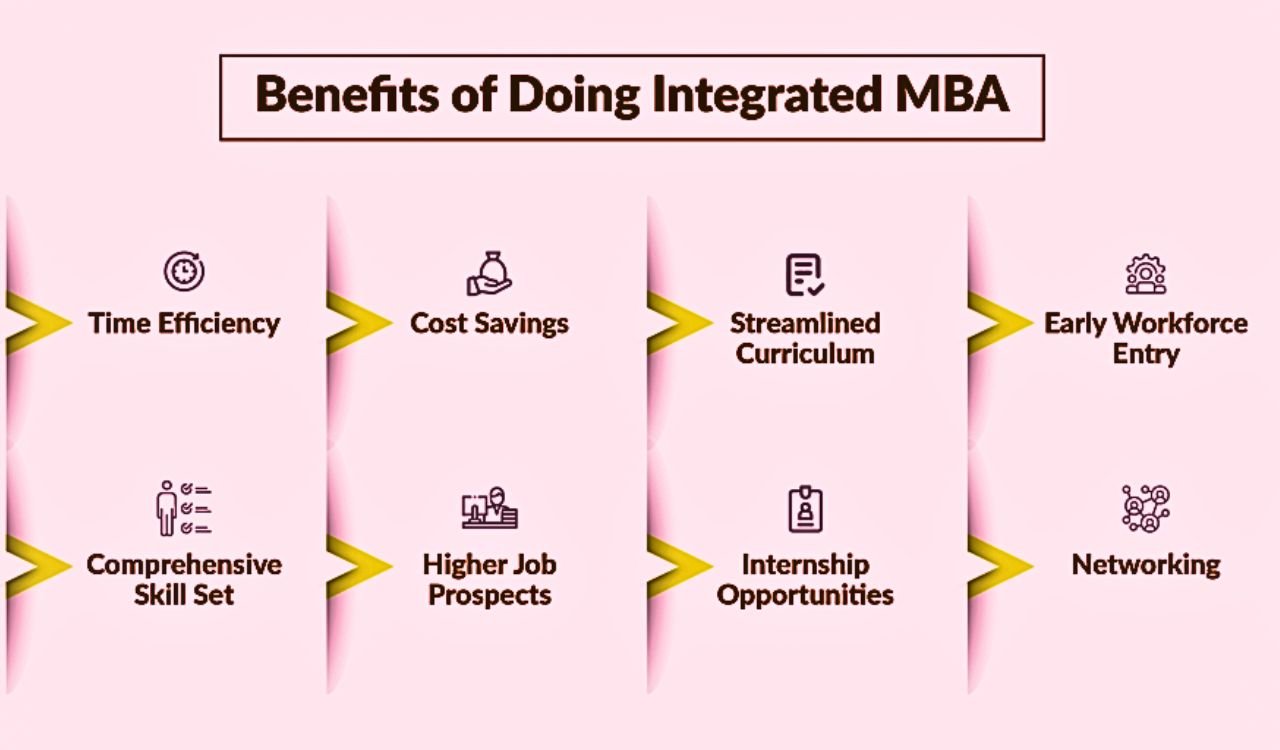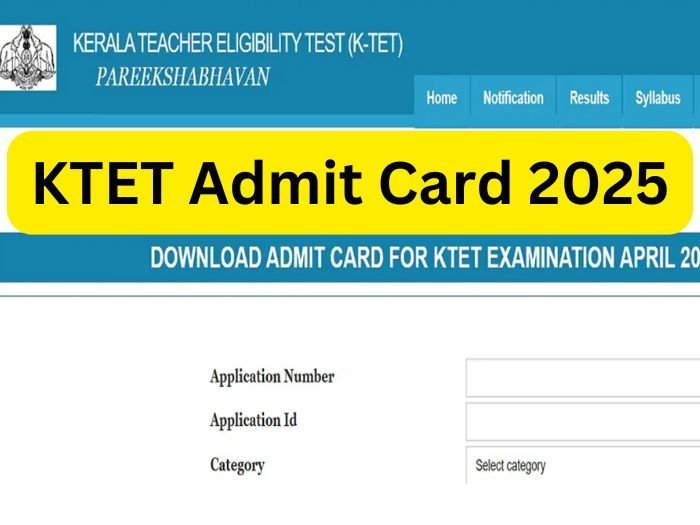Ultimate Guide to MBA After 12th: After completing the 12th grade, do you intend to pursue an MBA? For those who wish to pursue an MBA after completing their education, reputable B-schools in India provide integrated MBA programs.
The details of an integrated MBA program, eligibility requirements, top universities that offer the course, and the best career routes you can pursue after earning your degree will all be covered in this article.
Can I Pursue an Ultimate Guide to MBA After 12th?
The answer is definitely yes! A special five-year curriculum called an Integrated MBA integrates undergraduate and graduate business education into a single, condensed term. Students who wish to start working early and have an interest in business management would benefit from this curriculum.
| Details | |
| Definition | A 5-year combined undergraduate and postgraduate management program for 12th-grade graduates. |
| Duration | Five years |
| Eligibility | 12th grade completion, entrance exams may be required. |
| Structure | Combines BBA/BMS and MBA courses. |
| Curriculum | Three years of foundational courses and two years of advanced management courses. |
| Specialisations | Marketing, Finance, HR, Operations, IT, etc. |
| Benefits | Streamlined education, early management exposure, and cost-effectiveness. |
| Admission Process | Entrance exams, interviews and group discussions. |
| Top Institutes | IIMs, NMIMS, Symbiosis, Xavier and Nirma. |
| Career Paths | Roles in Marketing, Finance, Consulting, HR, or IT: this program prepares you for success across various industries. Imagine the possibilities and the impact you can make with your skills and knowledge. |
| Skills Developed | Leadership, Strategy, Analysis, Communication, Teamwork. |
| Further Studies | Ph.D, Certifications and Executive Education. |
What is an Integrated Ultimate Guide to MBA After 12th?
The core business and management courses are combined with specialized courses that concentrate on the theoretical and applied facets of managing people and organizations in an Integrated MBA program. The program’s first focus is on business essentials like accounting, marketing, finance, and human resource management.
The program concentrates on more complex subjects like entrepreneurship, business analytics, and strategic management as you advance through the stages. In order to facilitate a seamless transition from textbooks to real-world situations, an Integrated MBA program typically incorporates practical knowledge ideas such as internships, case studies, and industrial projects following the 12th grade.
Read More: WBJEE 2025 schedule out registration start from January 22, Syllabus & Exam Pattern, Check Here All Details
Eligibility Criteria for Integrated Ultimate Guide to MBA After 12th
Different colleges may have slightly different requirements for admission to their Integrated MBA programs. Nonetheless, a few prerequisites are as follows:
- successfully passing the 10+2 or 12th grade exam.
- achieving a minimum aggregate score of 60% in the 12th grade (keep in mind that requirements may vary by university).
- achieving at least 60% on the English language proficiency test during your senior year.
- After completing grade 12, admission tests such as JIPMAT and IPMAT must be passed in order to enroll in integrated MBA programs at IIMs.
- After completing the 12th grade, you can apply for this course and pursue an MBA regardless of your subject stream—science, commerce, or the humanities.
- Whether you are eventually admitted into the program will depend on your overall performance, which includes your performance on the admission exam, your performance in group discussions, and your performance in the final interview rounds.
Benefits of Doing Integrated MBA
Here are some of the key benefits of pursuing an Integrated MBA:
- Time and Cost Efficiency: Conventional MBA programs necessitate a bachelor’s degree, which adds years to your schooling. MBA schools after 12th grade combine undergraduate and graduate coursework into a single, five-year program, which might save you a lot of time and possibly lower overall living and tuition costs.
- Early Career Advancement: You can enter the workforce by earning your MBA before starting a full-time, conventional program. Be ahead of the curve compared to your peers as well. This raises the likelihood of receiving promotions and, as a result, high pay.
- Strong Foundation: An Integrated MBA is a thorough and methodical approach to education that establishes and teaches fundamental business knowledge from the very beginning. In the later phases of the course, this aids in building up adequate understanding of intricate management principles.
- Holistic Development:Even students enrolling in an Integrated MBA program receive equal attention to their academics, even though they undergo an overall growth.
Top Entrance Exams for Integrated MBA Programs after 12th
| University | Program Name | Average Fees (INR) | Admission Process |
| IIM Indore | Integrated Program in Management (IPM) | 22 Lakhs | IPMAT, personal interview |
| IIM Rohtak | Integrated Program in Management (IPM) | 31 Lakhs | IPMAT, personal interview |
| IIM Ranchi | Integrated Program in Management (IPM) | 16 Lakhs | IPMAT, personal interview |
| IIM Bodh Gaya | Integrated Program in Management (IPM) | 14 Lakhs | JIPMAT, personal interview |
| NMIMS Mumbai | BBA+MBA Integrated Program | 9 Lakhs | NPAT, personal interview |
| Nirma University, Ahmedabad | BBA+MBA Integrated Program | 7 Lakhs | UGAT, personal interview |
Conclusion
Young aspiring executives have a rare opportunity to become business leaders in half the time with the Integrated MBA after 12th program. It equips you with the abilities, information, and self-assurance you need to handle shifting conditions and gets you ready for the current corporate environment. Visit Hike Education’s website to learn more about their MBA programs and admissions.
An Integrated MBA student will be a great asset to whichever department they are allocated to at work because they will be well-prepared for jobs in the sector.
Ultimate Guide to MBA After 12th : FAQs
Q1. After 12th grade, is an Integrated MBA quicker than a Traditional MBA?
Indeed! You will save time and money because it restructures undergraduate and graduate studies.
Q2.Does an Integrated MBA require work experience?
Not at all. The typical MBA, which is primarily intended for students in their late twenties who are employed, is nothing like these programs.
Q3. Which tests are required for admission to Integrated MBA programs?
Among the well-known examples are NMIMS-NPAT, SIMATS, IPMAT, and others.
Q4. Which careers are available to me with an Integrated MBA?
You have a wide range of professional opportunities after earning an integrated MBA, including consulting, finance, marketing, human resources, and other related fields!
Q5. Where can I locate MBA programs that are integrated?
Among the leading institutions providing this curriculum are NMIMS, Symbiosis International University, and Indian Institutes of Management.






